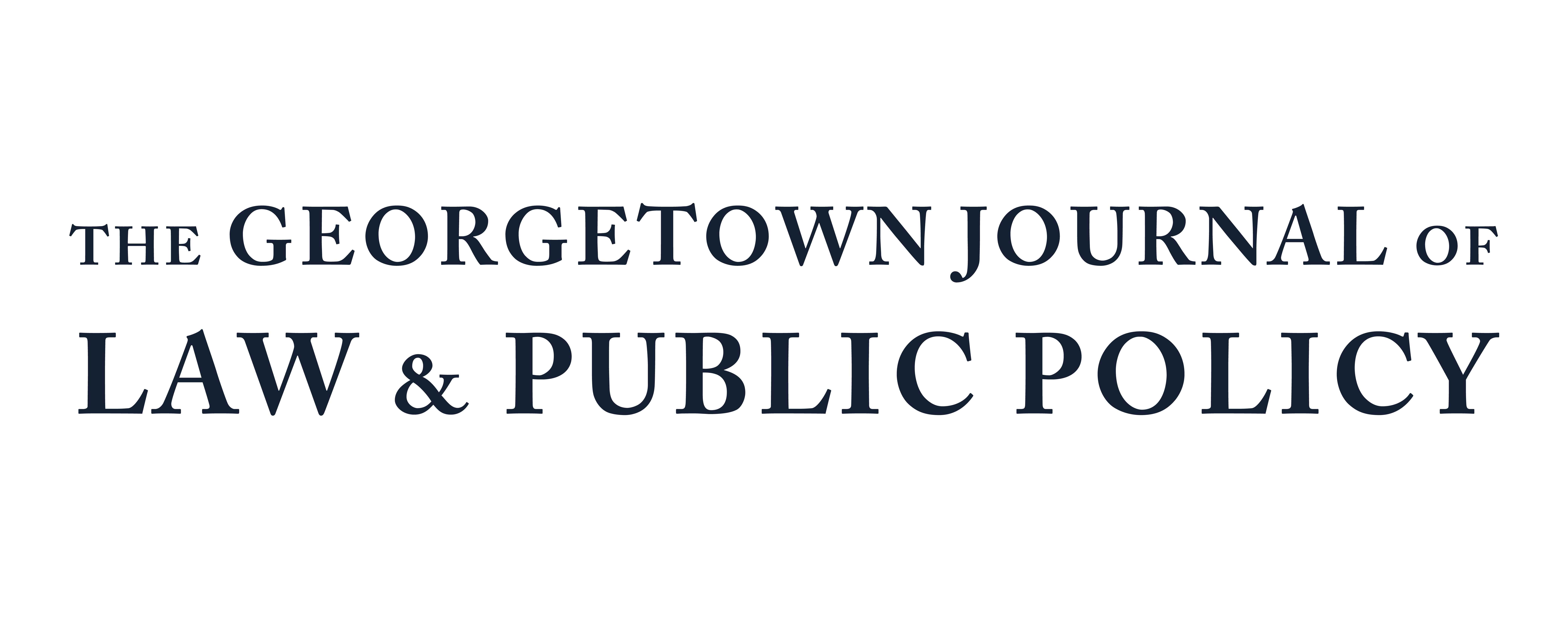University Governance: The Ethics of Answering to Two Bosses
University leaders sit at the helm of institutions that serve important public roles: preparing citizens, workers, and leaders who are able to join and transform existing social and economic structures. They are guided in fulfilling these roles by public officials, including Boards and elected officials, who fund and regulate the operation of their colleges and universities. At the same time, university leaders are charged with educating young people, whom they serve as the top officers of the institutions where they learn (and often live), and who sometimes have competing views about the best ways for their institutions to serve them. How should university leaders prioritize the competing interests and demands of their two bosses?1
In this short essay, I focus on one key question on which the ‘two bosses’ clash, namely, whether universities should protect students from emotional and discursive harm. While this is a pressing matter, as I will illustrate, it is important to remember that it is an outlier: the expectations of these two bosses commonly align. The public (trustees, alums, boards, and sometimes the public discourse), and the students (including their families), are broadly interested in attending, supporting, and funding higher education institutions that prepare students for their diverse roles in society through high quality educational experiences.2 The details of how to do that, and what qualifies as high quality education, are sometimes differently interpreted both across and within these two groups. But some of the most pressing areas of contention in recent years have focused on questions of regulating the increasing partisan interpretation of the boundary of expression, especially as it relates to practices that are meant to address students’ diverse identities, experiences, and needs.
I acknowledge that some would add the faculty to the list of legitimate stakeholders. I do not include them here, because (1) in the simple employer-employee relations, the ethical discussion is not necessarily unique to universities; (2) in their capacity as teachers and separately in their capacity as researchers their relevant interests are reflected in the public and students’ demands, and (3) the different tracks of faculty, those who are more and less protected in their job security as well as their academic freedom, make their interests too diverse to discuss in this short essay.
Public support for higher education has waned as the sector has become more politicized, and relatedly, as politicians use attacks on higher education as a tool for political expediency. Some of these changing views are reflected in the discussion below.

